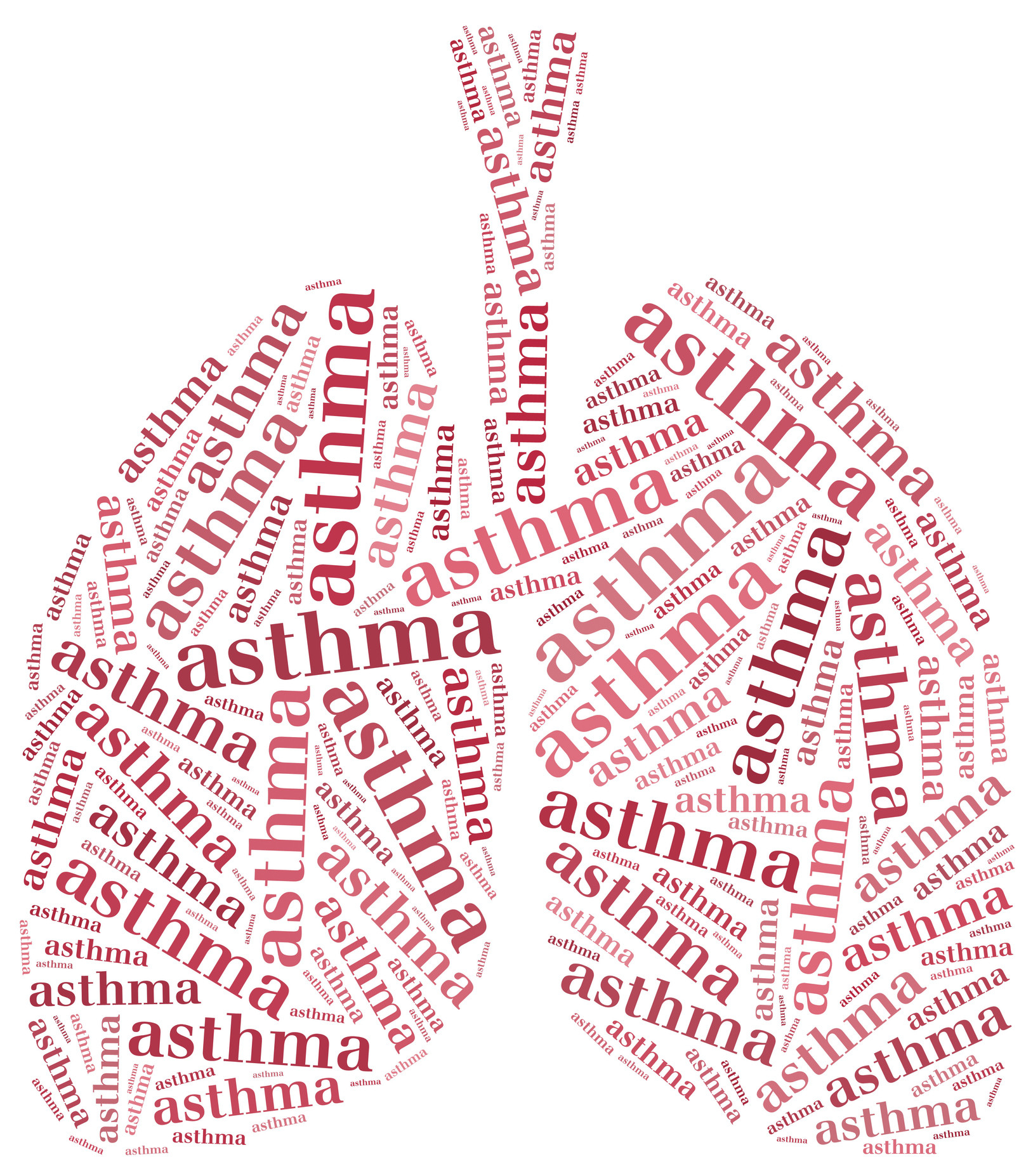
Tips to leverage neuroplasticity to maintain cognitive fitness as you age

Can white noise really help you sleep better?

Celiac disease: Exploring four myths

What is prostatitis and how is it treated?

What is Cushing syndrome?

Exercises to relieve joint pain

Think your child has ADHD? What your pediatrician can do

Foam roller: Could you benefit from this massage tool?

Stepping up activity if winter slowed you down

Common causes of cloudy urine
Cold & Flu Archive
Articles
Respiratory tract infection - Is it contagious?
"Stay away from me! I don't want to get sick, too." Most of us have had to utter those words to a family member, friend, or colleague who was sneezing or coughing incessantly. But how do we know how great the chances of catching someone's cold or other illness really are? A medical review published in the New England Journal of Medicine tells us when to exercise concern over eight respiratory tract infections.
Illness(Infectious agent) | How it gets transmitted | Places of highest risk | Percent risk of infection |
Bronchiolitis (Respiratory Syncytial Virus, RSV) | Direct contact with ill person, large-droplets from coughs or sneezes, contact with tissues, linens, or other surfaces holding the virus | Homes, day-care centers | In day-care centers, 100% of exposed children become ill, previous infection somewhat lowers the risk |
Flu (Influenza viruses) | Direct contact with ill person, large- and tiny-droplets from coughs or sneezes | Homes, schools, bars, dormitories, areas with poor ventilation or recirculated air | 20%-60% from a family member, only half of those infected will have symptoms of influenza |
The common cold (Rhinovirus) | Direct contact with ill person, large-droplets from coughs or sneezes, contact with tissues, linens, or other surfaces holding the virus | Homes, dormitories | 66% from a family member |
Tuberculosis | Tiny-droplets from coughs or sneezes | Homes, bars, dormitories, nursing homes, areas with poor ventilation | 25%-50% with close contact with a person with active disease, prolonged exposure is usually required |
Upper respiratory illness (Adenoviruses) | Direct contact with ill person, large- and tiny-droplets from coughs or sneezes | Camps, schools, military camps | 10% of those exposed may become ill, 40% among children, many infected individuals show no symptoms and infection leads to immunity from future infection |
Strep throat, scarlet fever (Group A Strep) | Direct contact with ill person, large-droplets from coughs or sneezes | Homes | 10% from a family member |
Bacterial meningitis (Neisseria meningitides) | Direct contact with ill person, large-droplets from coughs or sneezes | Homes, schools, camps | 2%-3% for a child whose sibling has active illness, 0.2%-0.4% for household contacts of the ill child, more than 95% of the time a second case of the disease does not follow a first. |
Pneumococcal pneumonia (Streptococcus pneumoniae) | Direct contact with ill person, large-droplets from coughs or sneezes | Day-care centers, homeless shelters, camps, prisons, nursing homes | Generally not regarded as contagious, risk of infection depends on one's general health |
Antibiotics don’t speed recovery from asthma attacks
Winter is often a tough season for asthma sufferers, who generally more likely to become sick than those without asthma. It’s important for asthma patients to receive proper care when ill, and a recent study sheds new light on a common treatment that might not be the best course of action for most asthmatics.
What causes a cough after a cold?
A persistent cough that remains after an infection has been treated can last for a month or two. There are several treatments that may offer relief, such as antihistamines or a bronchodilator inhaler.
Surviving the flu season
The odds of beating the bug are increasing as another new vaccine for seniors debuts.
Image: Bigstock
The flu season is upon us. Like that other season—winter—it can be unpredictable. But the Centers for Disease Control and Prevention (CDC) is doing its best to see that we're informed and as prepared as possible for whatever is in store. For updates throughout the flu season, check the CDC website, www.cdc.gov/flu.
How well does the flu shot work?
Why the flu shot is worthwhile
Flu vaccination may make your illness milder if you do get sick. A 2016 study indicated that people 50 or older who got a flu vaccination had a 57% lower risk of hospitalization for the flu than their contemporaries who weren't vaccinated. Flu vaccination has been associated with lower rates of heart attacks and related problems among people with heart disease and with reduced hospitalizations among people with diabetes and chronic lung disease.
Getting vaccinated yourself also protects people around you, including those who are more vulnerable to serious flu illness, like babies and people with certain chronic health conditions.
Vaccines for seniors
Do antibacterial soaps really work?
Soaps with added “antibacterial” chemicals are not better at protecting people against infection and illness. The added chemicals may be harmful.
Is it too late to get a flu shot?
The best time to get an annual flu shot is in mid-October. However, it’s not too late to get the shot in December, since people are still at risk of getting flu for several more months.
Irrigation better than steam in relieving nasal symptoms
Nasal irrigation using a neti pot was more effective than inhaling steam in relieving chronic sinus symptoms in a large randomized study.
Flu vaccine offers benefits to patients with heart failure
New research found that heart failure patients who had a flu shot had a 30% lower risk of hospitalization for cardiovascular disease, 16% lower risk of hospitalization for respiratory infections, and a 4% lower risk of hospitalization in general.
A bummer for kids: Nasal flu vaccine not effective
For years, many kids could skip the traditional flu “shot” — along with the tears — and still be protected by the nasal spray vaccine also known as the LAIV (live attenuated influenza vaccine). But not this year. Studies now show that the nasal vaccine is quite ineffective, and pediatricians are starting to change their flu recommendations from a nose squirt to a shot.

Tips to leverage neuroplasticity to maintain cognitive fitness as you age

Can white noise really help you sleep better?

Celiac disease: Exploring four myths

What is prostatitis and how is it treated?

What is Cushing syndrome?

Exercises to relieve joint pain

Think your child has ADHD? What your pediatrician can do

Foam roller: Could you benefit from this massage tool?

Stepping up activity if winter slowed you down

Common causes of cloudy urine
Free Healthbeat Signup
Get the latest in health news delivered to your inbox!
Sign Up









